Slow living homes – the therapeutic trend that prioritizes flexibility and wellbeing
This movement celebrates the ordinary and gives our days definition – here's how designers are slowing the pace in their spaces
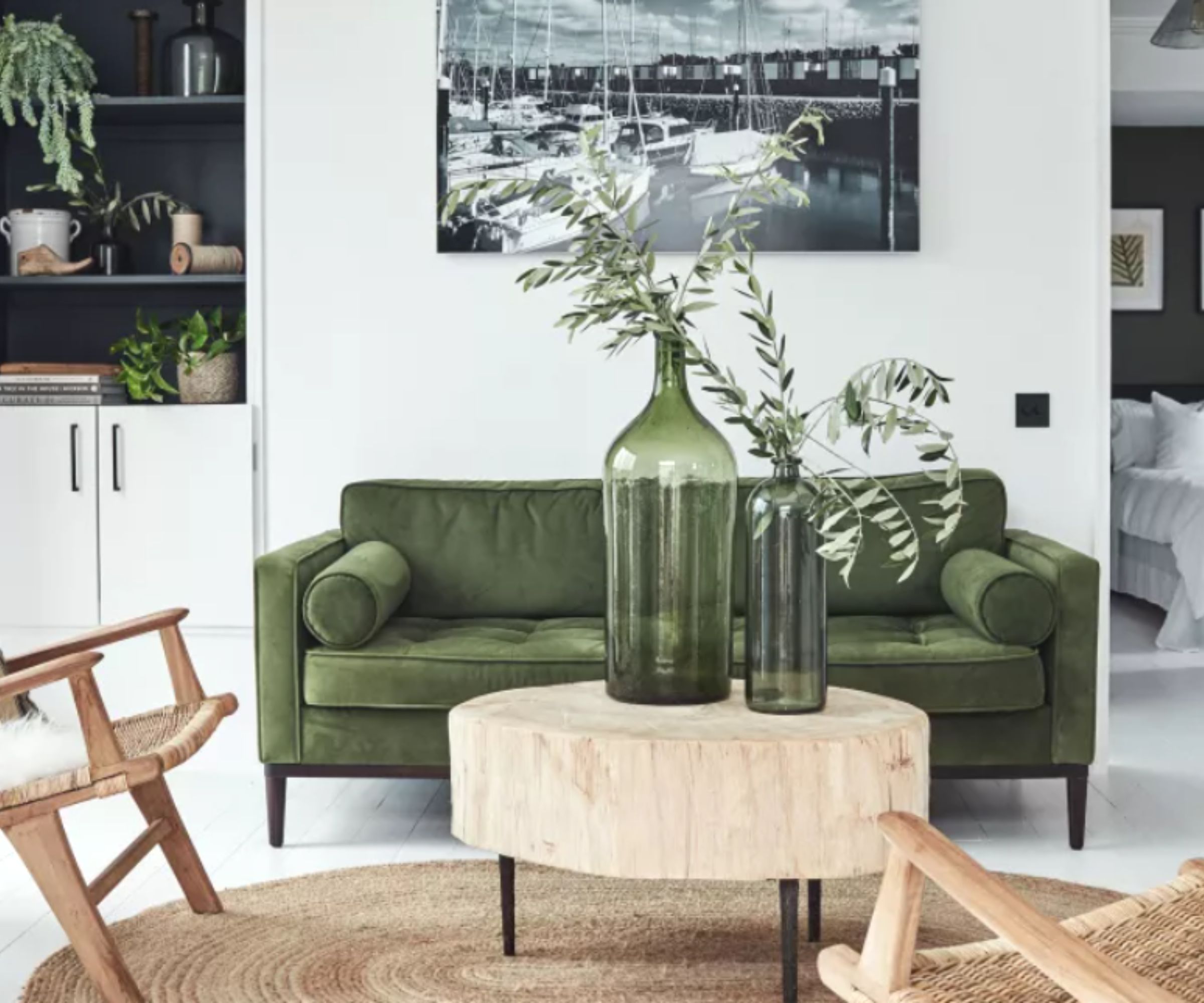

'Slow living homes' is the 'trend' we're unsurprised to see – but we're still more than happy it's here. And it would appear that top designers are equally pleased to observe its rise in the interiors industry.
Following the events of recent years, our homes have undertaken several meanings. They remain a place of shelter – but they are a sanctuary for our well-being – and a place where many of us learned the art of gardening (indoor gardens included), too.
The slow living interior design trend encapsulates everything we have enjoyed in our homes over recent seasons – from our favorite artworks to our best indoor plants and the use of natural, considered materials around the home. And while this movement comes with a 'trend' label, designers agree that these features will continue to shape how we use our spaces for a long time to come.
What is the 'slow living homes' trend?
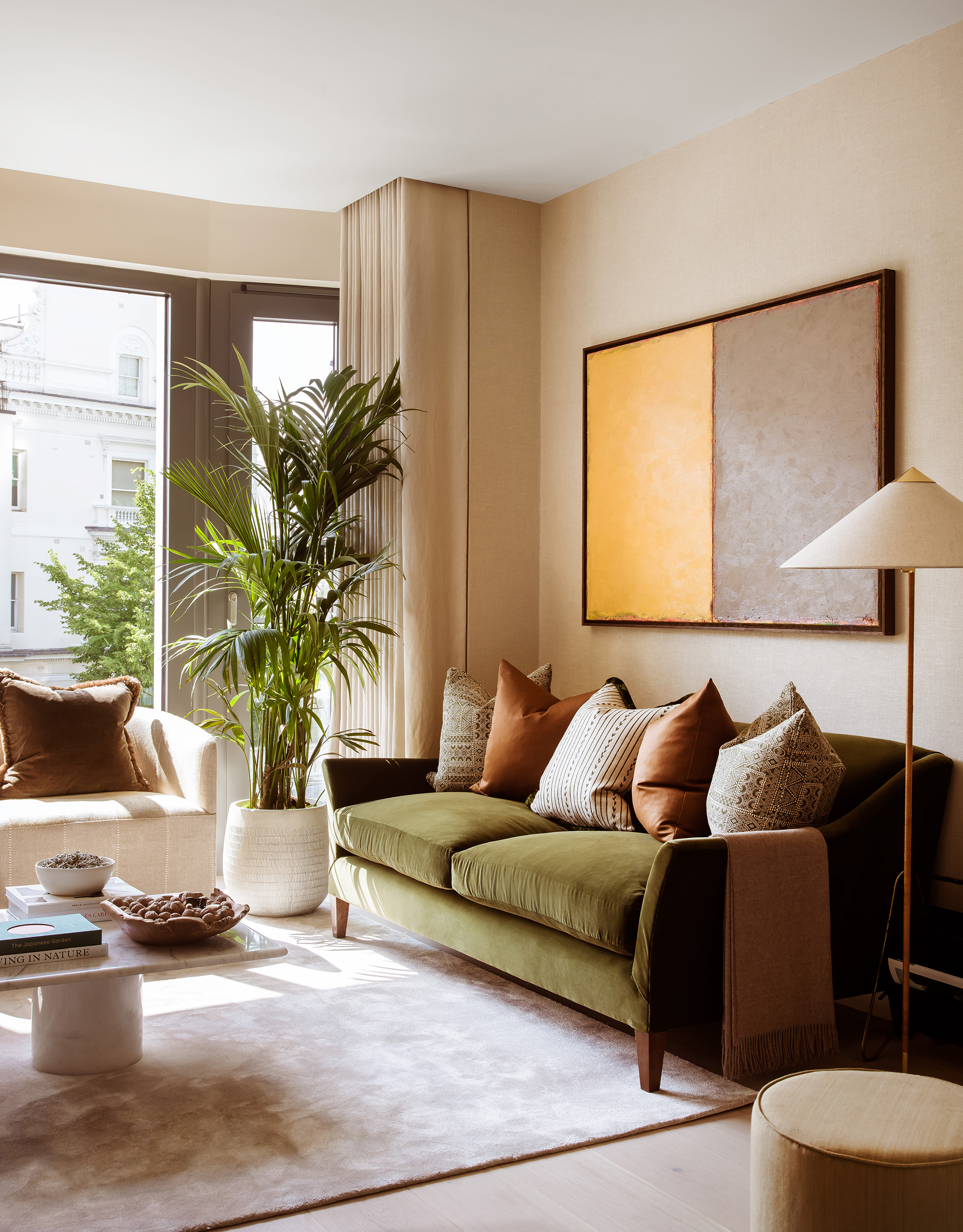
The term 'slow living homes' has continued to rise on Google trends this month (increasing by 111% since June 2022, according to Green Lili), but it's easy to understand its widespread appeal. This movement encourages you to fill your home with organic goodness (whether through nature-inspired shapes or light-filled window treatment ideas) one room at a time.
'Whether you live on your own in an apartment or share a house with a family, the different zones of our homes play significant parts in defining our routines and give our days definition,' says Jo Littlefair, co-founder and director of Goddard Littlefair.
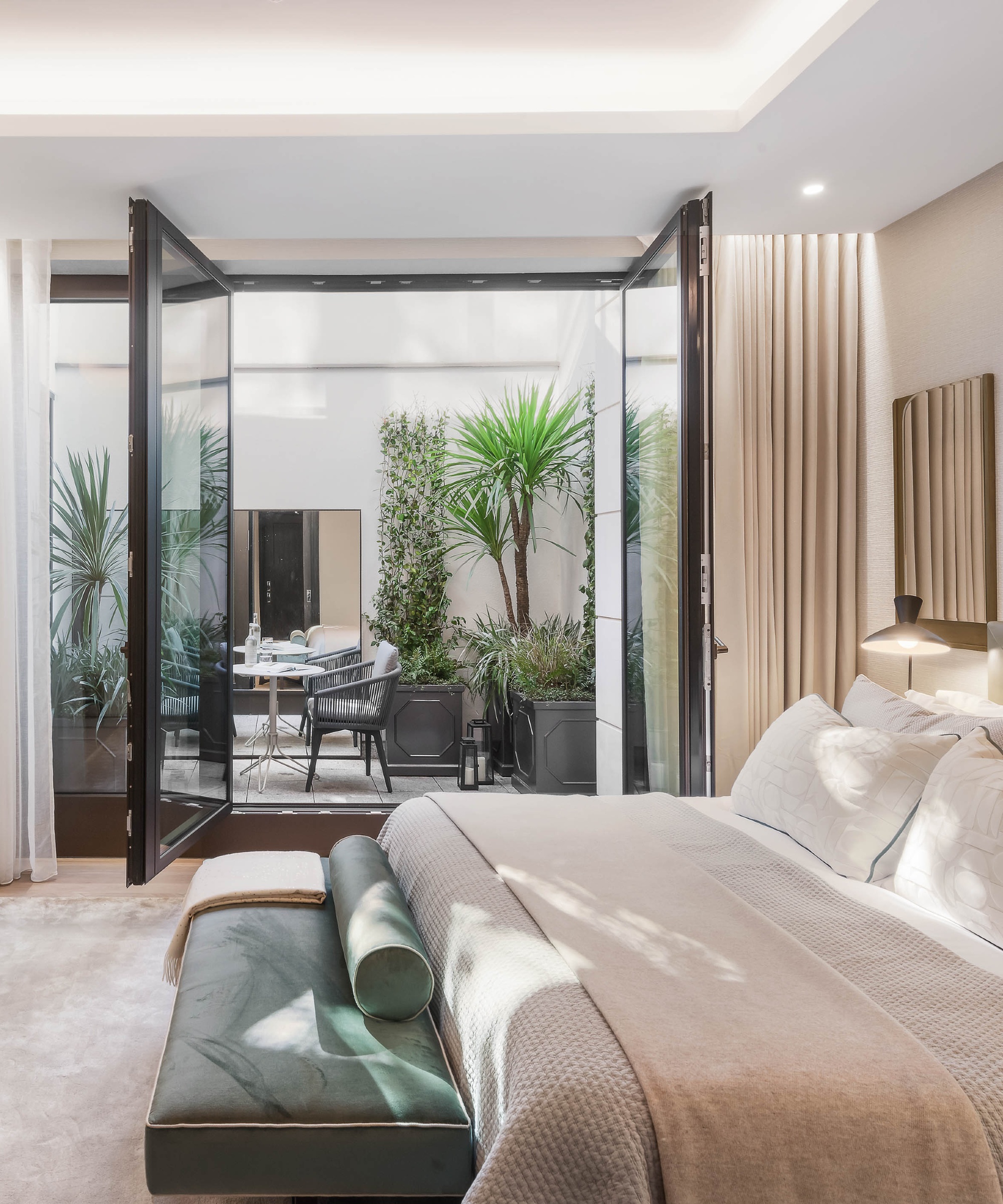
To embrace the trend, the designer primarily urges you to emphasize natural light in every room, as she has done in the space above. She adds that reflective living room wall ideas are a great way to 'bring a layer of depth, texture' while emphasizing the sense of brightness and space.
How to style the 'slow living homes' trend in a fast-paced home
As Jo suggests, accentuating natural light is the perfect place to begin when bringing the trend into your decorating ideas. Here's how experts introduce its style in their homes.
Sign up to the Homes & Gardens newsletter
Design expertise in your inbox – from inspiring decorating ideas and beautiful celebrity homes to practical gardening advice and shopping round-ups.
1. Combine eras to embrace a varied style
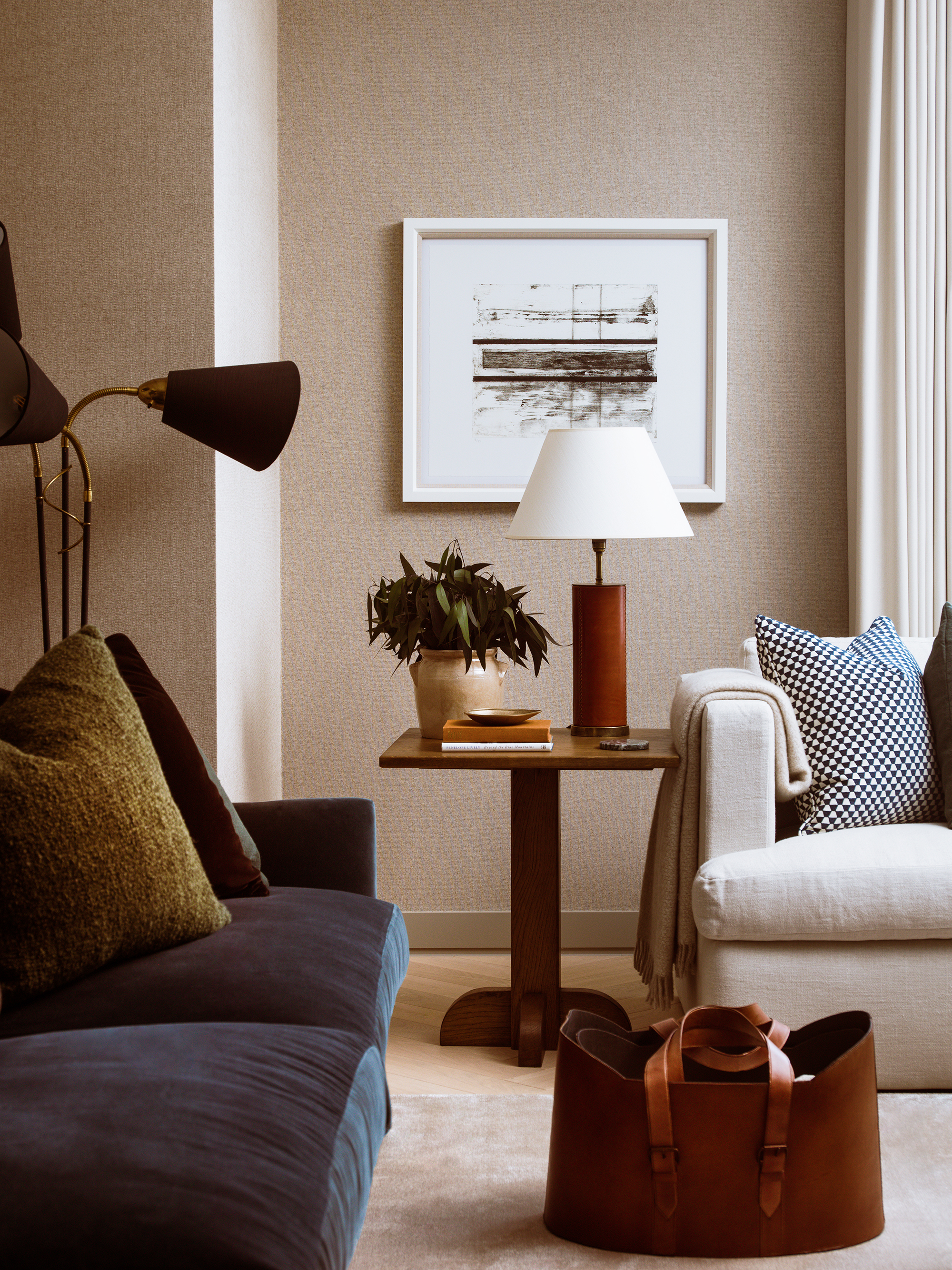
Decorating with antiques is one of the most playful ways to embrace individuality in your home – but it's also how Camilla Clarke, the Creative Director at Albion Nord, recommends embracing the slow living trend.
'Antiques can work well with contemporary pieces of furniture, but the key is to ensure there is a contrast between the old and the new,' she says when sharing her styling tips. 'When they aren’t clearly offset from one another, it’s harder to find cohesion.’
Investing in an antique piece allows you to feel as though you own something special – and it's also sustainable – which makes it even more fitting regarding the trend.
2. Use considered materials
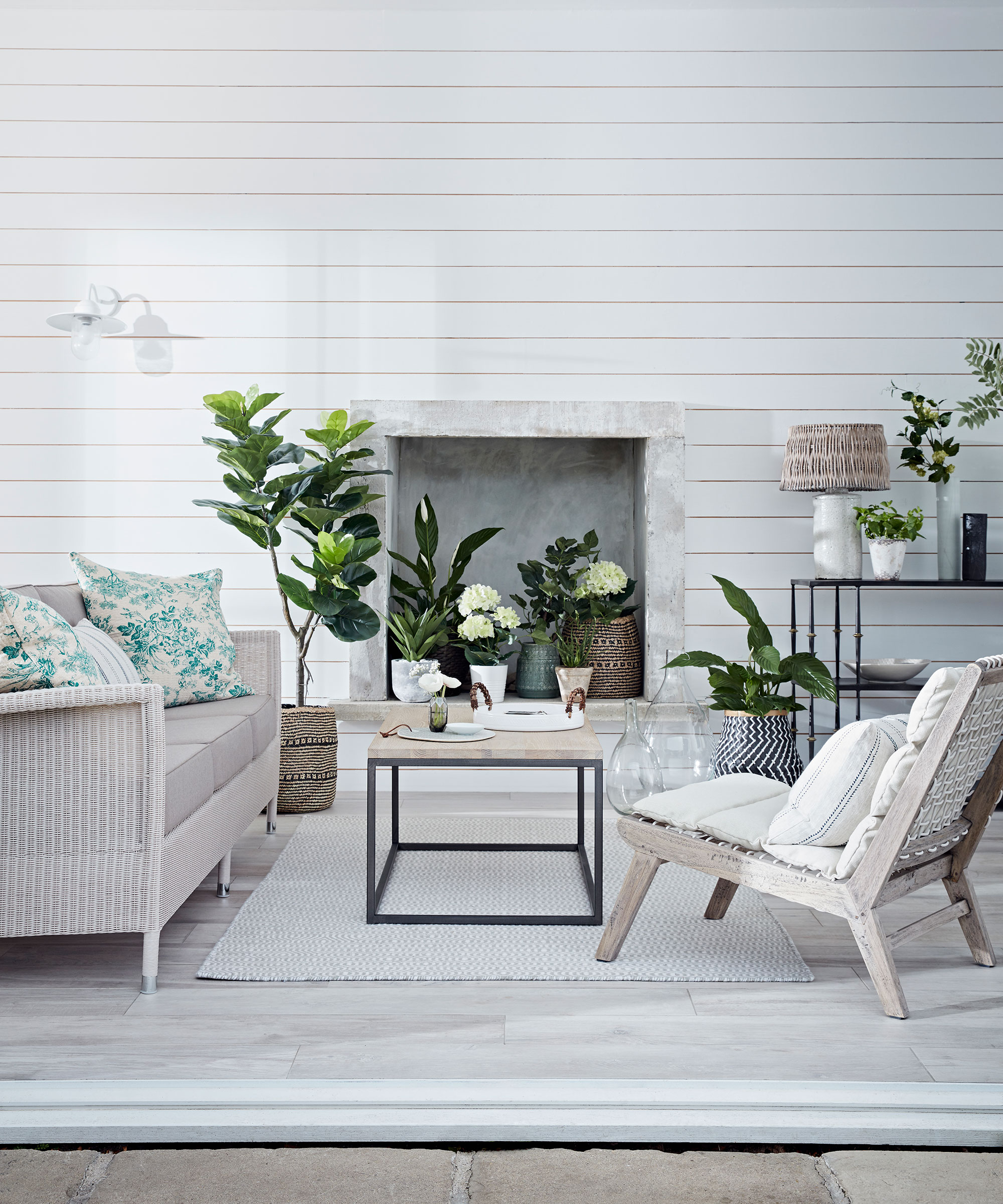
'The use of natural materials in the home promotes wellbeing, sustainability, and a refined style,' says Owen Pacey, the founder of Renaissance London. The expert urges you to embrace 'the natural imperfections and inconsistencies' in organic materials – whether that is through a marble fireplace or a small wooden coffee table.
According to Owen, the best way to introduce natural stone into the home authentically is to consider it a supplement or enhance, the ‘bones’ of your space. 'But that’s not to say it should take a back seat in the design scheme,' he says. 'The very fact that each jamb, mantel, or corbel made from natural stone is so individual elevates each fireplace to the status of a work of art.'
3. Consider colors in the bedroom
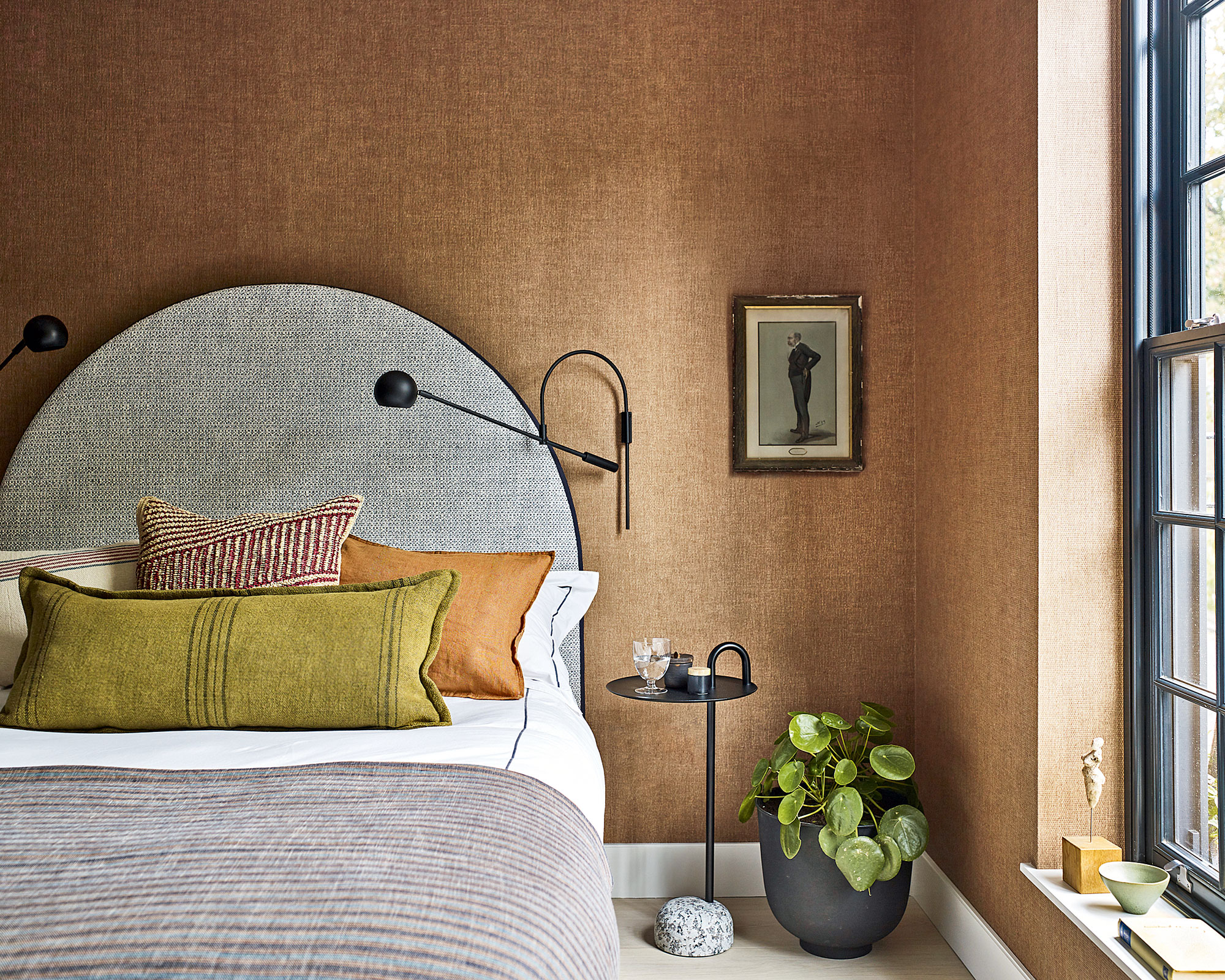
The slow living trend runs simultaneously with the ever-growing focus on color psychology, and bedroom color ideas are central to this discussion. So, it's no surprise that Jo focuses on her bedroom's palette when styling the trend in her home.
'We tend to steer away from intense, strong colors with conflicting accents; however, we have used color in bedrooms to great effects, and the right selection of a dusky tone can sometimes work brilliantly at producing a nighttime cocoon,' she says.
And to celebrate the style further, she recommends using natural fabrics, such as linens and wools at windows and cashmere velvets on headboards. 'The design doesn’t need to be complicated if the materials are of the best quality,' she says.
4. Choose meaningful artwork
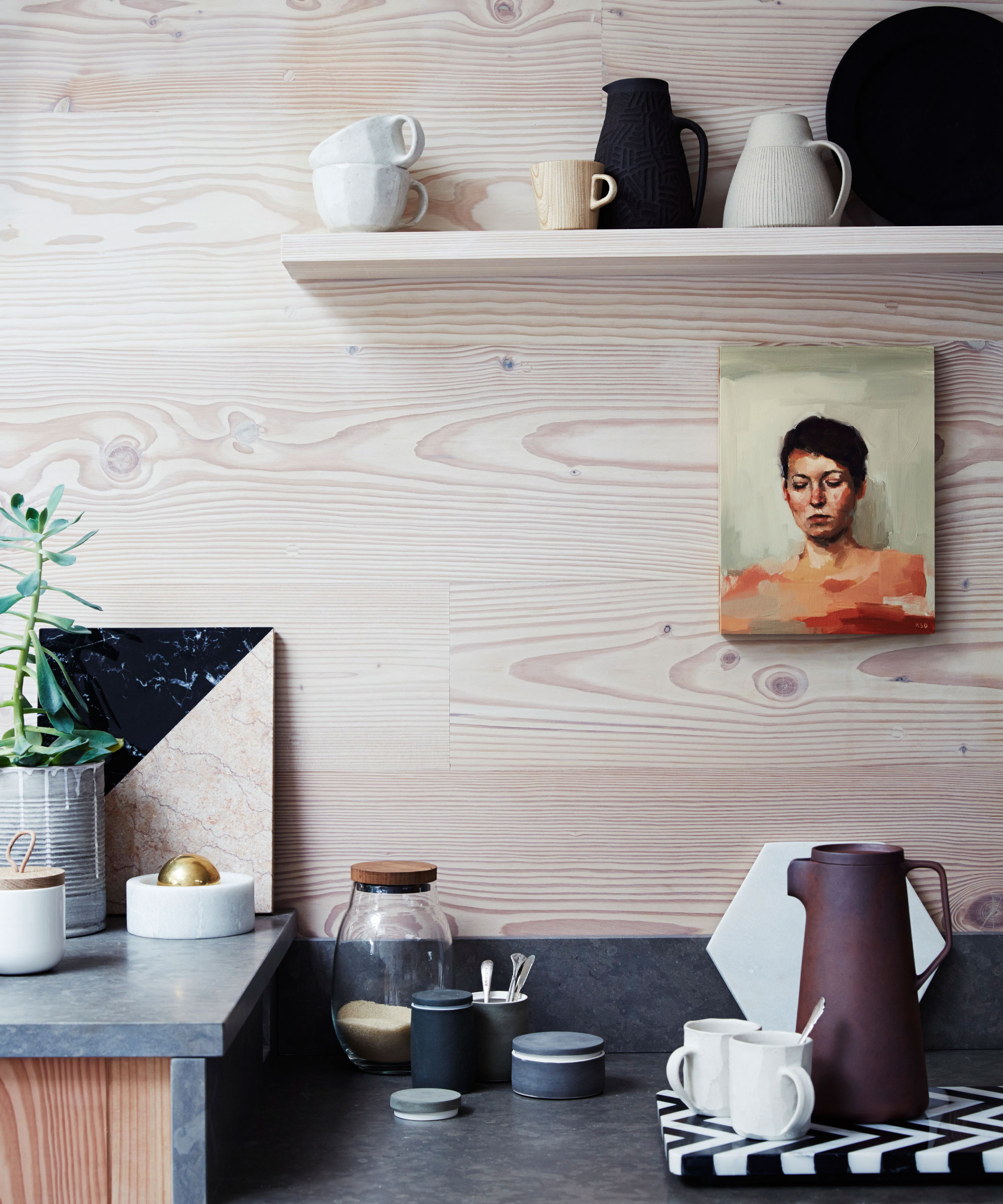
This trend focuses primarily on wellbeing, and nothing showcases the intricacies of a person quite like their favorite art pieces. Few things make homeowners as happy, too. This is why Jo recommends choosing your artworks carefully.
'Artwork selection is a highly personal and individual decision that is not only crucial as a final layer of decoration to any home but also makes a statement about the values and experiences of the owner.'
5. Opt for smart-casual kitchen design
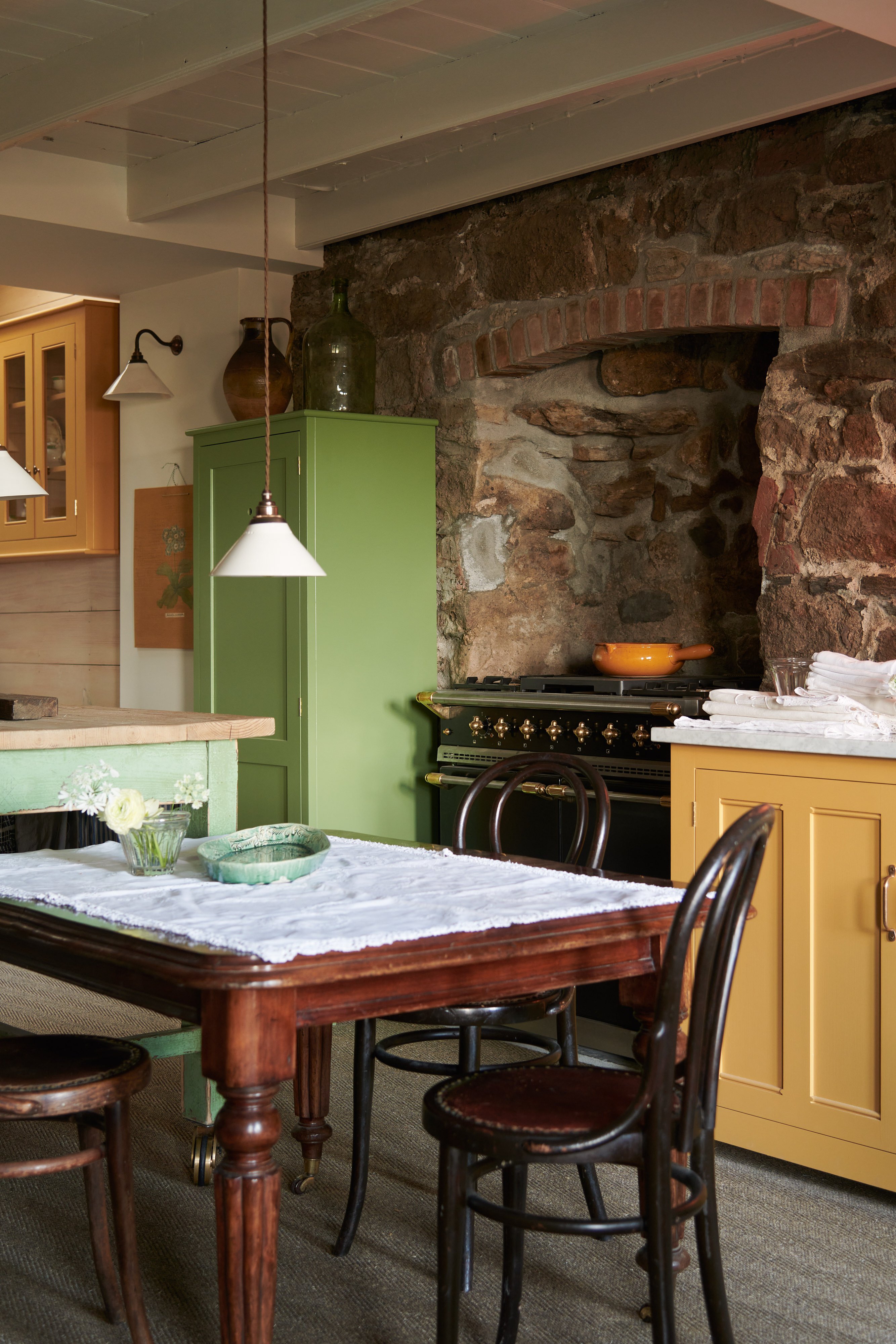
'The kitchen has increasingly become the heart of the home, and our designs for these areas aim to make them feel very much front of the house and integrated into the living area rather than annexing off the different activities,' Jo says.
To bring the trend into the busiest room of your home, she urges you to find the right balance of smart-casual design – so you can give guests an elevated experience – but feel relaxed enough to unwind. This is the slow living trend, after all.

Megan is the Head of Celebrity Style News at Homes & Gardens, where she leads the celebrity/ news team. She has a history in interior design, travel, and news journalism, having lived and worked in New York, Paris, and, currently, London. Megan has bylines in Livingetc, The Telegraph, and IRK Magazine, and has interviewed the likes of Drew Barrymore, Ayesha Curry, Michelle Keegan, and Tan France, among others. She lives in a London apartment with her antique typewriter and an eclectic espresso cup collection, and dreams of a Kelly Wearstler-designed home.
-
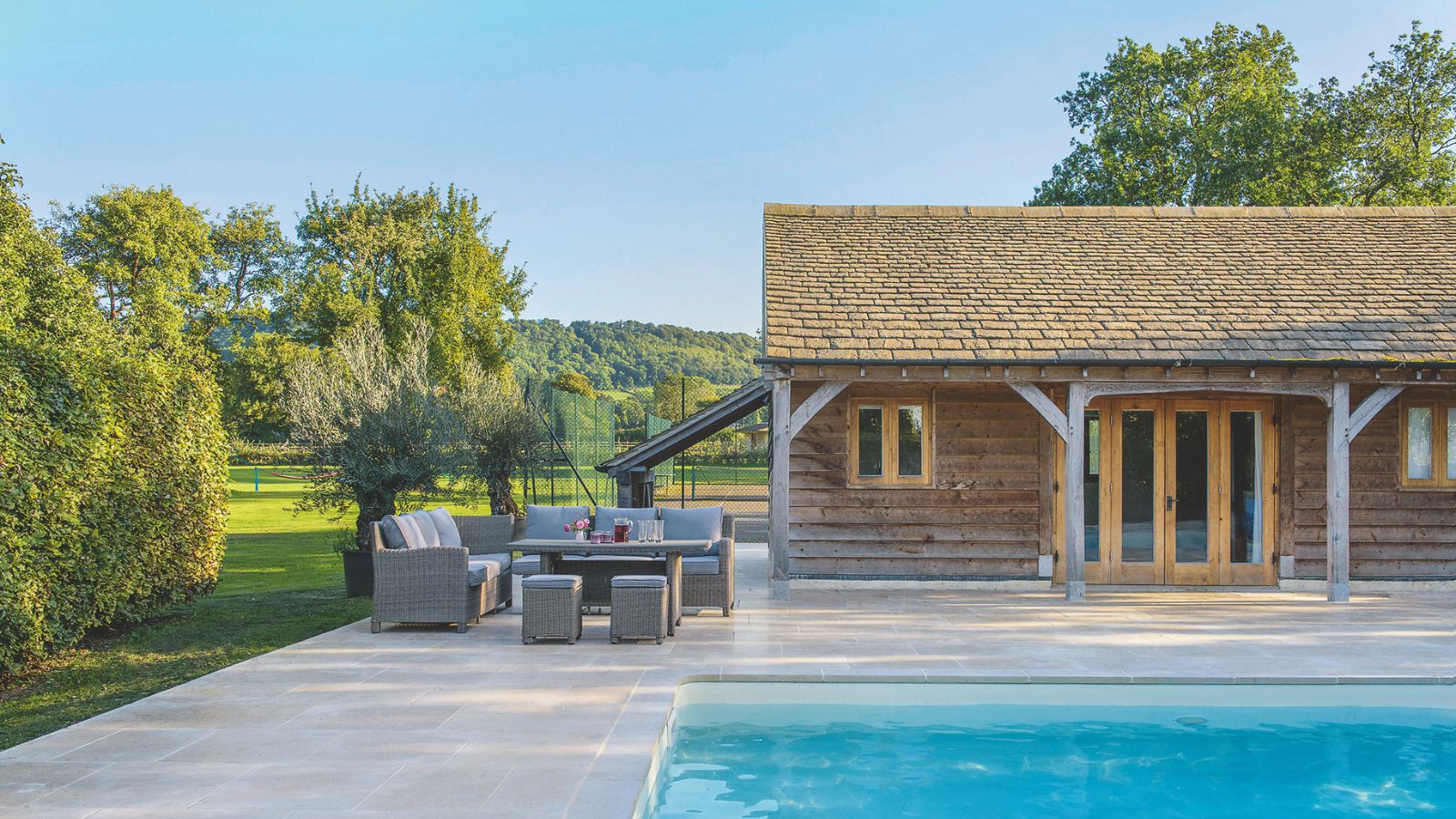 How to clean a patio – 6 different methods, and when you must use a chemical cleaning agent
How to clean a patio – 6 different methods, and when you must use a chemical cleaning agentFrom manual scrubbing, natural solutions or calling in the pros, industry experts reveal the benefits and considerations of each method
By Andy van Terheyden Published
-
 Kris Jenner's favorite air fryer, the Ninja Crispi, is the perfect small kitchen solution – it deserves a place on the most compact of countertops
Kris Jenner's favorite air fryer, the Ninja Crispi, is the perfect small kitchen solution – it deserves a place on the most compact of countertopsKris approves of this compact yet powerful air fryer, and so do our own kitchen appliance experts, praising it for its multifunctionality
By Hannah Ziegler Published